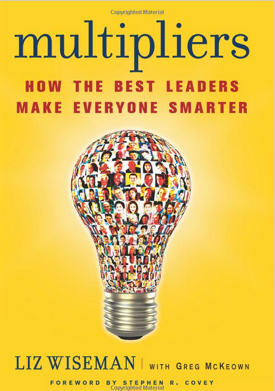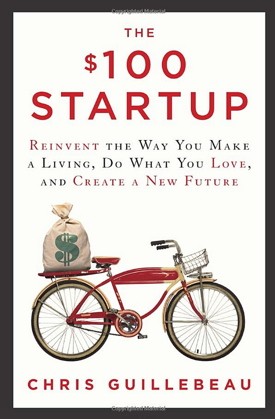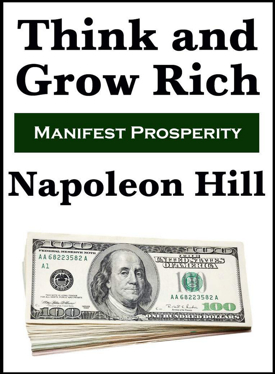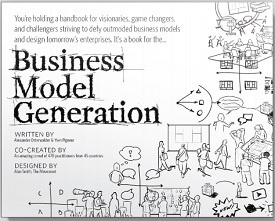I love reading, and mostly read business related books. I have also read my fair share of leadership books over the past 10 years. A month or so ago a friend that I studied with recommended Multipliers. His book recommendation has always been good in the past and he was quit excited about Multipliers. So immediately got a copy on my Kindle.
He turned out to be spot on. Multipliers is the best leadership book I have ever come across. I found it so valuable that I read it a second time right after I’ve finished it the first time.
==> Click here to buy: Multipliers: How the Best Leaders Make Everyone Smarter <==
Multipliers describe a continuum of leadership with the two extremes being Multipliers and Diminishers. The research Multipliers is based on, showed that Multipliers on average, got more than two times more out of their people than Diminishers.
Throughout the book they contrast the behaviour of Multipliers with Diminishers. Multipliers are Talent Magnets while Diminishers are Empire Builders, Multipliers are Challengers while Diminishers are Know-it-Alls, you get the idea.
One of the most fascinating observations was that many people that worked for Multipliers reported that their boss managed to get more out of them than they thought they was capable of. While many former Rock Stars revert the ‘quit and stay’ approach when working for a Diminisher.
Multipliers managed to reframe the whole way I look at leadership. I just look at the world through completely different lenses now. Where previously, I would get frustrated with some situations I now immediate ask my self how a Multiplier would look at it. I try to figure out how I can learn from it and change my behaviour.
==> Click here to buy: Multipliers: How the Best Leaders Make Everyone Smarter <==
Multipliers work from the assumption: “People are smart, they will figure it out”, while Diminishers assume: “really intelligent people are rare, I am one of them”. This leads to two complete diverging ways of operating and behaviours.
You have to read Multipliers, it will change the way you see the world!





